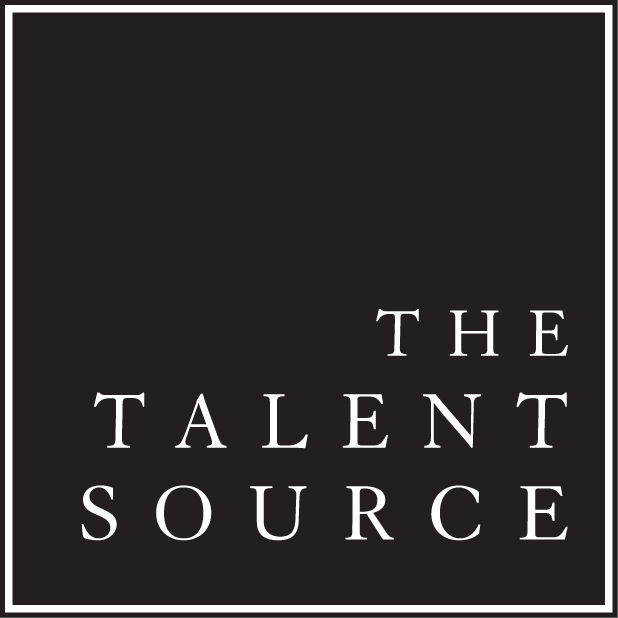Why the Workday Bias Lawsuit Is a Wake-up Call for Talent Leaders Using AI
Why the Workday Bias Lawsuit Is a Wake-Up Call for Talent Leaders
The lawsuit filed by Derek Mobley against Workday is more than a legal challenge—it’s a line in the sand for the future of AI in hiring.
Mobley claims that Workday’s automated screening tools discriminated against him based on age, race, and disability status. While the legal system will determine the merits of the case, what’s clear is this: if your hiring process uses AI, your company is still accountable for the outcomes.
This case, first initiated in 2020—long before most companies were talking about generative AI—underscores that bias in automation has been quietly shaping hiring outcomes for years.
As TA leaders, we must rethink our AI strategies:
Ask hard questions of vendors
Audit hiring outcomes for adverse impact
Document decision-making processes
Train teams on where human judgment should override automation
The bottom line? You can’t outsource responsibility. If AI plays a role in who gets interviewed—or rejected—you need to know how it works, and whether it's fair.
At The Talent Source, we believe AI can enhance hiring—but only if it’s built and deployed with transparency and intention.
The world of work and generative AI
As companies strive to harness the potential of generative AI technologies to drive innovation, enhance decision-making processes, and achieve efficiency gains, Tech Leaders and Policy Makers are increasingly assessing the associated risks of this rapidly evolving technology.
When salary negotiations get tricky..
Navigating the job offer negotiation process can be an intimidating and nerve-wracking experience. Whether you’re a new job seeker or an experienced professional, here’s 5 strategies to handle tricky tactics during a job offer negotiation.
Are you prepared for the top 5 interview questions?
Are you ready for the most common interview questions?
Take a moment to refresh with advice from Technical Recruiter Connor Moura.







